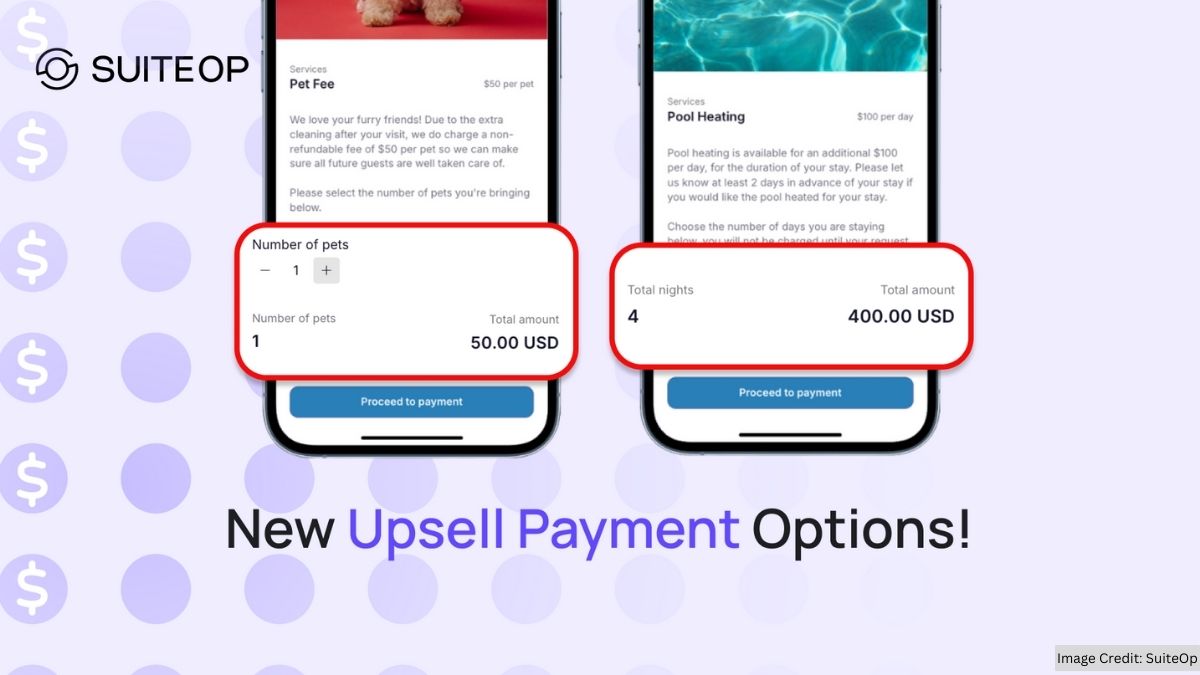Overview
Airbnb’s Q1 results are in – and they’re strong. Revenue rose 6% year-over-year, international markets are heating up, and a major product expansion is on deck for May 13th.
But the real value for hosts lies in understanding what Airbnb is seeing in guest behavior, pricing trends, and platform strategy. From shifting booking windows to pricing pressure and growing use of AI, these trends have direct implications for anyone running STRs on the platform.
Guest Booking Behaviors: Shifting Patterns
Shorter lead times
Airbnb is seeing guests in the U.S. book closer to their travel dates. Long lead-time bookings (stays 30+ days out) are softening, especially among budget listings.
High-income stability
Despite economic uncertainty, Airbnb isn’t seeing typical recession behavior. Guests aren’t “trading down” to cheaper properties or shortening their stays. Higher-income travelers in particular continue to book without hesitation. This lines up with broader market trends showing weaker demand for economy listings and stronger performance from luxury properties.
Inbound travel to the U.S.
Airbnb also noted a slowdown in inbound travel to the U.S., particularly from Canada and Western Europe. But these guests aren’t staying home – they’re choosing other destinations like Mexico, Brazil, France, and Japan instead.
Global Growth Is Outpacing the U.S.
While North America remains Airbnb’s largest region, it's also the slowest-growing. The company’s strongest gains are coming from Latin America and Asia-Pacific. Brazil saw a 20%+ increase in nights booked and a 30%+ increase in first-time bookers. Asia-Pacific followed with mid-teens year-over-year growth. Other fast-moving markets—including Mexico, India, Spain, and Korea—are now growing at roughly double the rate of Airbnb’s mature regions.
Pricing Pressure Conflicts With the Push for Quality
Airbnb Wants Hosts to Drop Prices
A key takeaway for hosts is that Airbnb leadership made it clear on the earnings call: Airbnb wants hosts to push their prices down.
CEO Brian Chesky framed his point of view as: most Airbnb hosts list primary or second homes, and their earnings (~$15,000/year on average in the U.S.) are usually supplemental. These aren’t hotel-like assets with fixed cost structures. For most hosts, any booking is pure upside, giving them more flexibility to lower prices.
As Chesky put it, “While a higher ADR can benefit Airbnb's financial outlook in the short term, in the long run, affordability aligns our interest with customers.”
CFO Ellie Mertz backed that up: “We're not trying to necessarily drive hosts to offer higher prices. We're trying to get them to the best price for their listing that will drive more bookings. And in many cases, that will be to reduce your price.” She added, “There is considerable opportunity for us to encourage hosts to bring down their prices generally.”
Tension with Quality Expectations
But there’s tension in this message. While Airbnb is pushing for affordability, it’s also elevating expectations around quality. More than 450,000 low-performing listings have been removed, and Guest Favorites (now accounting for over 350 million booked nights) are being heavily promoted.
This raises a strategic question: Is Airbnb optimizing for affordability and part-time hosts, or for high-quality, professionally managed properties? If Airbnb is catering to casual, part-time hosts, consistency and quality will suffer. But if the company wants to attract professional operators who deliver hotel-grade experiences, the push for lower prices could undermine that model.
Instant Book, AI, and What’s Coming Next
AI Customer Service Is Already Scaling
AI is quickly becoming a larger part of Airbnb’s infrastructure. A new AI-powered customer support agent is already live for half of U.S. users, with full rollout coming soon. Early results show a 15% reduction in support tickets. Over time, expect AI agents to take on more customer service tasks.
Instant Book Gets a Bigger Role
Airbnb is doubling down on Instant Book as it expands beyond homes. More listings – and eventually new categories – will be expected to support instant, frictionless booking. Identity verification will become even more central as Airbnb prepares for integrations with hotels and other service providers.
Looking Ahead: Airbnb’s May 13 “Summer Release”
On May 13th, Airbnb will unveil what it calls its “next chapter.” While details are still under wraps, leadership has hinted at a relaunch of Experiences and comparisons to Amazon Prime in terms of deepening user loyalty. Chesky also emphasized that many host-facing upgrades – AirCover, pricing tools, co-hosting features – have been rolled out without raising take rates. And the company signaled that monetization, particularly on the host side, is likely to become a greater focus going forward.
Bottom Line
It’s reassuring that, based on past patterns, delayed bookings typically do come through – just closer to the travel date. The bigger question is whether Airbnb can actually pull off the balancing act it’s aiming for: promoting affordability without compromising quality. And AI, Instant Book, and the upcoming summer release will all play a central role in the future of the platform.




